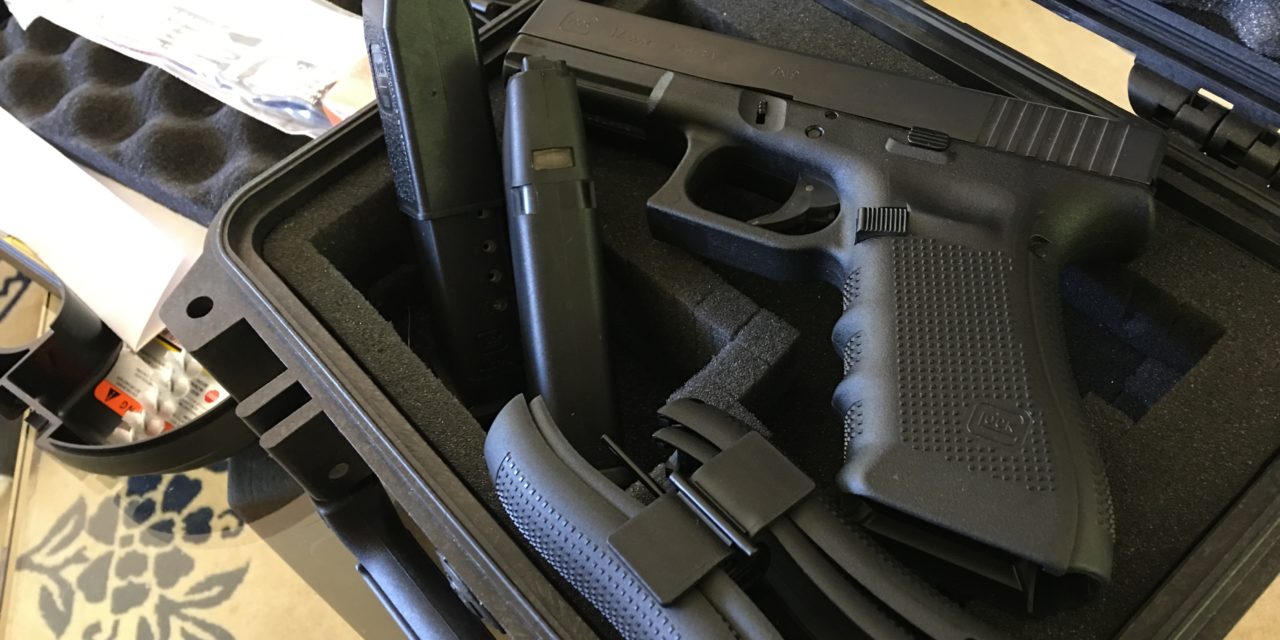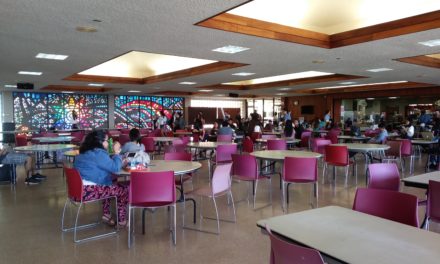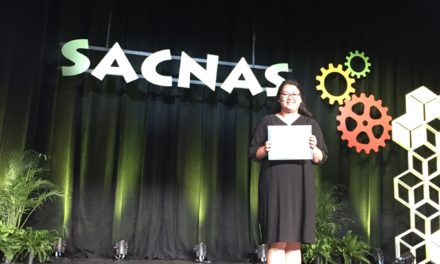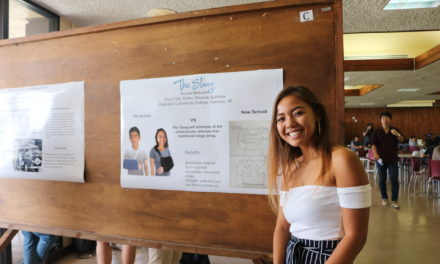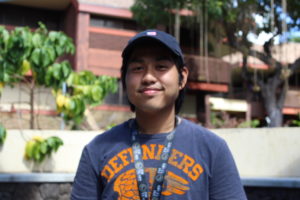BY KAYLA VALERA | STAFF WRITER
Having a family member who attends UNLV, KCC physical science major and second-year student Portia Yee was even more affected by the mass shooting in Las Vegas on Sunday. She watched in horror how the death toll rose from 2 on Sunday night to nearly 60 by Monday morning.
“When it comes to public safety, even in the aftermath of a mass shooting like in Las Vegas or Orlando, it is still a gamble every day to leave home,” Yee said. “There are many different situations in which we can be injured or killed such as a car crash or pedestrian accident. We just need to take that risk in order to keep moving forward.”
The conversation about gun violence has swelled in response to the Las Vegas mass shooting that is now considered the deadliest shooting in modern U.S. history and has left 59 dead and more than 500 injured. As the media continues to unfold the details of the event, many are left to make sense of the horrors. The perpetrator, 64-year old Nevada native Steven Paddock, ended his own life after firing at concertgoers of the Route 91 Harvest from his hotel room at the Mandalay Bay.
Denise Pierson, a Service Learning Outreach Coordinator at KCC, believes that U.S. citizens who are responsible with their possession of a gun should have the right to keep it.
“I believe that everyone should have protection if they feel that it’s necessary to have a gun in their home, because of whatever reason,” Pierson said. “If it is documented, licensed, and the person is trained, then I don’t see a problem with it as long as it’s handled in the proper manner. But then you have the people who don’t care about all the rules and go do [what happened in] Las Vegas, and shoot people from the 32nd window with automatic rifles. That’s insane.”
Despite Pierson’s support of responsible gun ownership, she understands that there must be something done to stop tragedies caused by mass shooting from happening: “I don’t know what the solution is, I really don’t. I just don’t understand why these people are perpetuating hate in this country and killing each other. But it seems that our leadership should take some different approaches.”
Previous tragedies, such as the Sandy Hook Elementary shooting in 2012, prompted bills that would prevent further abuse of the Second Amendment. At the time, Brian Sandoval, who is the current Governor of Nevada, remained unwavering in his pro gun stance and had even voted against Senate Bill 221, which would implement universal background checks on individuals purchasing guns.
Sandoval stated in his veto on Senate Bill 221, “while laudable in its efforts to strengthen reporting requirements concerning mentally ill persons, [the bill] imposes unreasonable burdens and harsh penalties upon law-abiding Nevadans, while doing little to prevent criminals from unlawfully obtaining firearm.”
For computer science major and first-year student Robert Simpson Jr., it is hard to accept some of the reports that have been shared about this event. While still harboring some doubts, he is disbelieving of the entirety of the story that is being told.
“With the facts presented, I still don’t know what to think,” Simpson said. “The media provides one story that they continue to stick to, while witnesses and social media continue to tell different stories about what they claim had happened. With all the confusion, it’s really hard to trust that anyone – even the police or proper investigative authorities – truly knows what actually happened for sure.”
Simpson concludes that despite his speculations, “all in all, we need to do something better or change how we study these events because prayers and standing with someone through hashtags will only help the ones who are hurt. It won’t help to prevent these things from happening in the future.”

